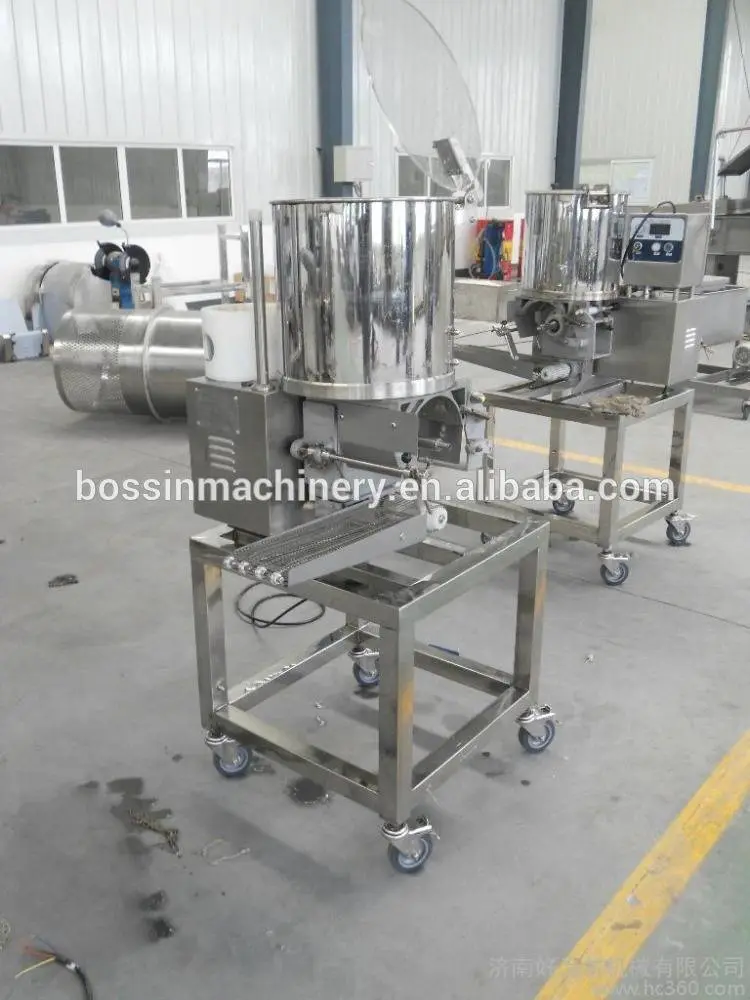
Aug . 15, 2024 03:05 Back to list
Efficient Meat Mixer Machines for High-Quality Mixing in Food Processing Factories
The Importance of Meat Mixers in Modern Food Processing
In the ever-evolving world of food processing, particularly in the meat industry, machinery plays a pivotal role in ensuring efficiency, consistency, and quality. One essential piece of equipment that has become a staple in meat processing facilities is the meat mixer. This ingenious machine is designed to blend various meat types, seasonings, and other ingredients seamlessly, contributing significantly to the quality of the final product.
Understanding Meat Mixers
Meat mixers, also known as mixing machines, are specifically engineered to handle large volumes of meat. They incorporate advanced mixing technologies that allow for uniform blending of ingredients, ensuring that every bite of the final product has a consistent flavor and texture. This is particularly critical in the production of processed meats, sausage, and other meat products where flavor profiles and quality are paramount.
The design of these mixers varies, but they typically consist of a large stainless steel mixing chamber equipped with paddles or blades. These components work harmoniously to ensure that meat and seasonings are thoroughly combined. Some modern meat mixers also feature vacuum capabilities, which can enhance the binding properties of meat proteins, leading to improved texture and reduced product spoilage.
Benefits of Using Meat Mixers
1. Efficiency and Consistency One of the primary advantages of using a meat mixer is the efficiency it brings to the production process. Manually mixing large quantities of meat can be time-consuming and labor-intensive. A meat mixer can significantly reduce the mixing time while ensuring that ingredients are evenly distributed. This not only saves time but also minimizes the potential for human error, ensuring that every batch meets the same high standards.
meat mixer mixing machine factory

2. Quality Control Consistency in meat products is crucial for maintaining customer satisfaction. Meat mixers allow producers to achieve precise ingredient ratios, resulting in uniform flavor and texture. This is especially important in the production of sausages, ground meats, and other processed offerings where variations can lead to customer dissatisfaction and a damaged reputation.
3. Hygiene and Safety Modern meat mixers are designed with hygiene in mind. Made from food-grade stainless steel, they are easy to clean and sanitize, thus minimizing the risk of contamination. This is a critical aspect of food processing, especially in the meat industry, where strict hygiene standards must be adhered to.
4. Versatility Meat mixers are not only limited to blending meat; they can also handle various ingredients, including spices, vegetables, and binders. This versatility makes them an essential tool for producing a wide range of meat products, from traditional sausages to gourmet blends that appeal to evolving consumer tastes.
5. Cost-effectiveness By automating the mixing process, meat mixers can help reduce labor costs and enhance productivity. Furthermore, improved mixing efficiency can lead to better yield, minimizing material waste. The initial investment in a quality meat mixer can pay off significantly in terms of long-term savings and productivity gains.
Conclusion
In summary, meat mixers are invaluable assets in the meat processing industry. They enhance efficiency, ensure consistency, maintain hygiene, and contribute to the overall quality of meat products. As consumer demands for high-quality, consistent products continue to rise, the importance of advanced mixing technology will only grow. By investing in state-of-the-art meat mixers, food processors can position themselves to meet these demands while also improving their operational efficiencies. In the dynamic landscape of meat production, embracing innovation through machines like meat mixers is not just beneficial; it is essential for success.